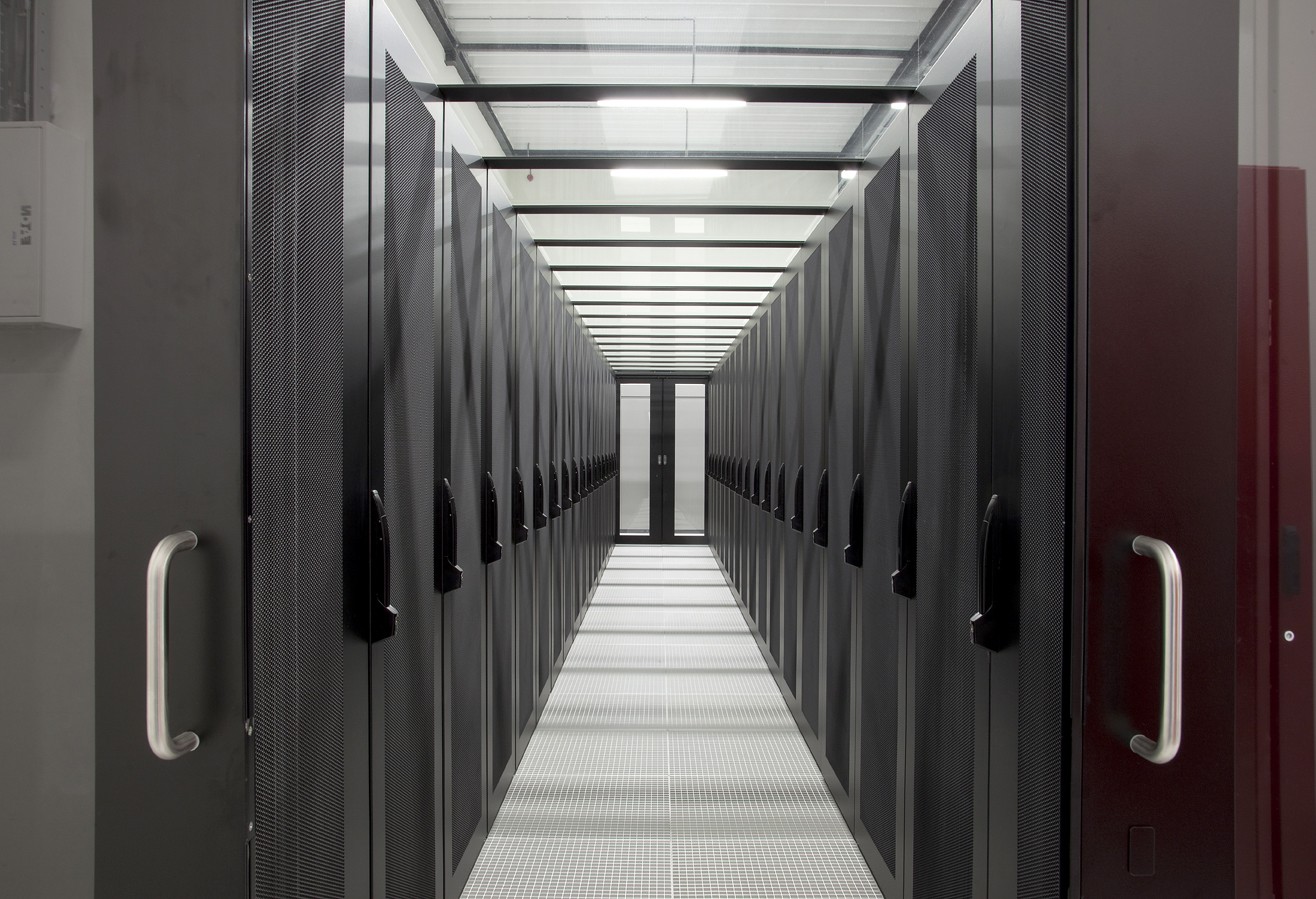 INFRA
INFRA
 INFRA
INFRA
 INFRA
INFRA
Microsoft Corp. is donating more of its data center designs to the Open Compute Project.
The company also provided some updates on its existing data center projects, and other new initiatives it’s involved in, today on the first day of the OCP Global Summit.
The OCP is an organization that works to share designs of data center products and best practices among companies, so that others can benefit from their experience and build more efficient data centers at minimal cost. Microsoft joined the OCP as a founding member in 2014. There are plenty of other big names in the group too, including the likes of Facebook Inc., IBM Corp., Intel Corp., Nokia Corp., Google LLC, Dell Technologies Inc. and Cisco Systems Inc.
In the past the OCP has released specifications for various data center hardware components, including motherboards, cabling, chipsets, connectors and networks switches. But this year Microsoft is more focused on the software side of things.
In a blog post, Kushagra Vaid, a distinguished engineer at Microsoft Azure, said one of the most important donations this year is a cloud-compression algorithm and optimized hardware implementation for cloud storage. It’s called Project Zipline, and its related source code and hardware design specs are now available via the OCP.
The company has also open sourced code and tools for Project Cerberus, which Microsoft has previously described as a standard for a cryptographic microcontroller. Project Cerberus is also the next phase of Project Olympus, a data center server design that was previously donated to the OCP and has already been deployed with Microsoft Azure’s Fv2 family of virtual machines.
Microsoft is apparently optimistic that these designs will be adopted by others quickly, with officials saying they are “looking forward to Project Cerberus-enlightened products coming to the market in 2020.”
Other Microsoft projects open-sourced today include its Datacenter-ready Secure Control Module, which provides essential elements for data center server motherboards that exclude the central processing unit, memory slots and I/O slots.
Microsoft said a number of original design manufacturers are working to integrate the DC-SCM/SCI base specification with new server products. It’s also planning to combine the DC-SCM/SCI spec with the OCP Accelerator Module specification that was donated to the OCP by Microsoft last year. The OAM spec relates to open, interoperable, modular infrastructure for accelerators used for artificial intelligence and high performance computing workloads.
Elsewhere, Microsoft said it’s looking at how to extend its liquid cooling technology beyond current uses cases such as bitcoin mining to “broader hyperscale cloud technology.” The company said it’s working with OCP members including Facebook and CoolIT to create a new standard for developing blind-mate Cold-Plate solutions for Project Olympus systems and Open Rack v3.
“Cold-Plate solutions have been used in supercomputers for years, but they’re very customized and not designed for the serviceability and reliability required by the cloud,” Vaid explained.
Other new initiatives include E.1S, which is a chassis design that’s optimized for systems that run on Intel’s Cascade Lake and Advanced Micro Devices Inc.’s Rome processors.
“We believe this new standard will help catalyze broader adoption across the enterprise by enabling smaller capacity increments and higher IOPS per GB, as well as easing cost constraints,” Vaid said.
Open source has long won over proprietary software and hardware, and the latest contributions to the OCP should further its lead, Constellation Research Inc. analyst Holger Mueller told SiliconANGLE.
“Today it’s Microsoft’s turn to open source a number of projects its been working on, including around data center management that its created with Facebook and Baidu,” Mueller said. “This is good news for CxOs who need to follow standards that are broadly accepted and supported.”
THANK YOU